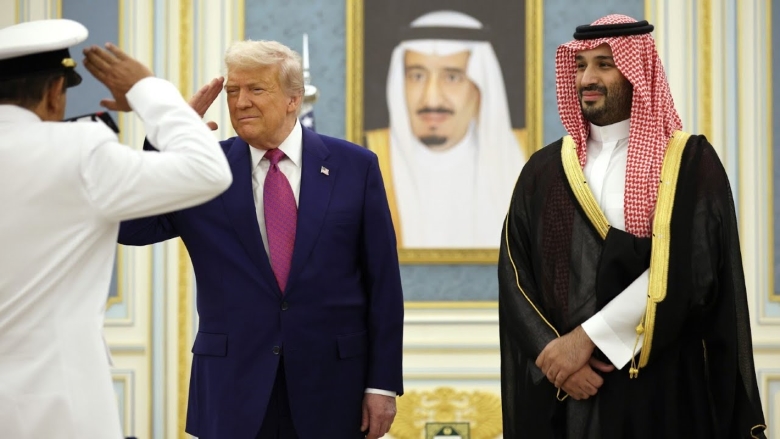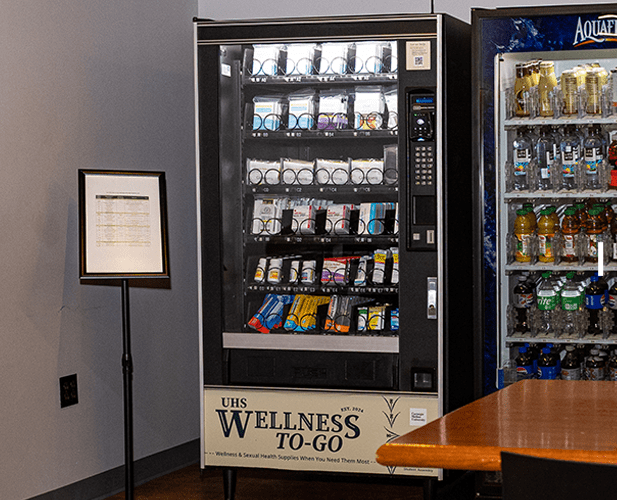In a bold move to strengthen domestic industries, President Trump has implemented sweeping tariffs on imports from over 180 countries. While the administration promotes these measures as a path to economic independence, critics argue that the effects are broad and complex.
The tariffs, ranging from 10% to 25%, have sparked debates among economists and policymakers. On one hand, they aim to protect American manufacturing and reduce trade deficits. On the other, they risk inflating consumer prices and straining relationships with key trading partners.
Small businesses, especially those reliant on imported goods, are feeling the pressure. “We’re seeing higher costs across the board,” says a local retailer. Meanwhile, global markets are reacting cautiously, as countries like China and Canada announce retaliatory measures.
As the dust settles, the long-term impact of these tariffs remains uncertain. Will they achieve their intended goals, or will they lead to unintended consequences for the U.S. economy and its global standing?





